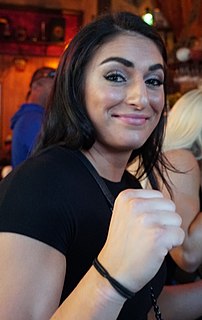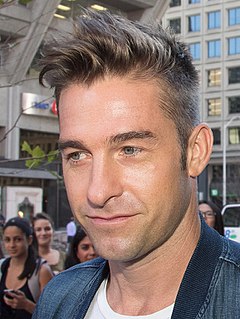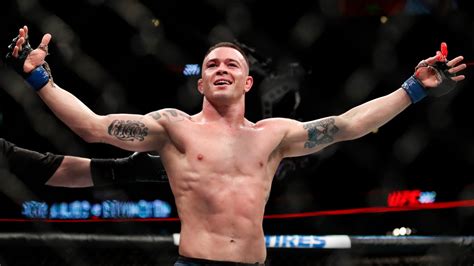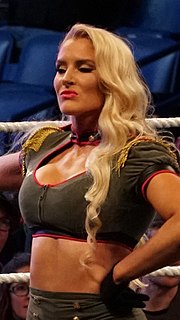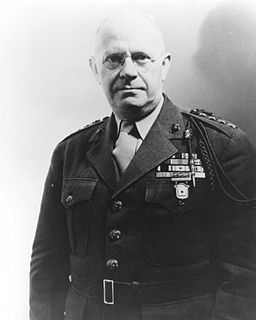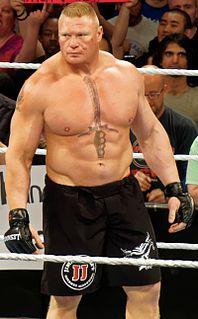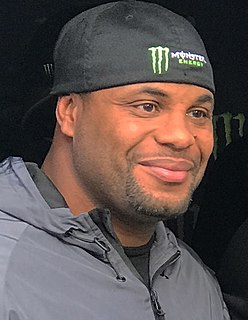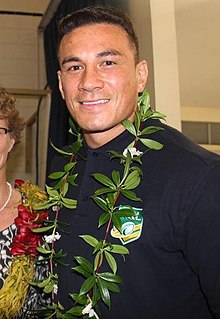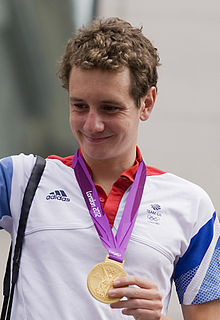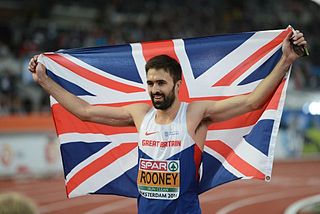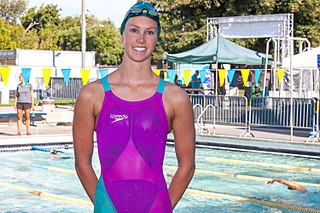A Quote by Samaire Armstrong
My family is heavily involved in the Marines and close-combat training, and I was raised doing Japanese sword training, so I've always been of the mentality that you have to be able to defend yourself.
Related Quotes
I'm training at Phase 1 Sports in Las Vegas, and it's a very high-end training facility for a lot of top-level athletes. I have been able to add a lot of power and the endurance to keep that power going. I've always been powerful, but the muscle conditioning I've been able to add has been a tremendous amount of help.

